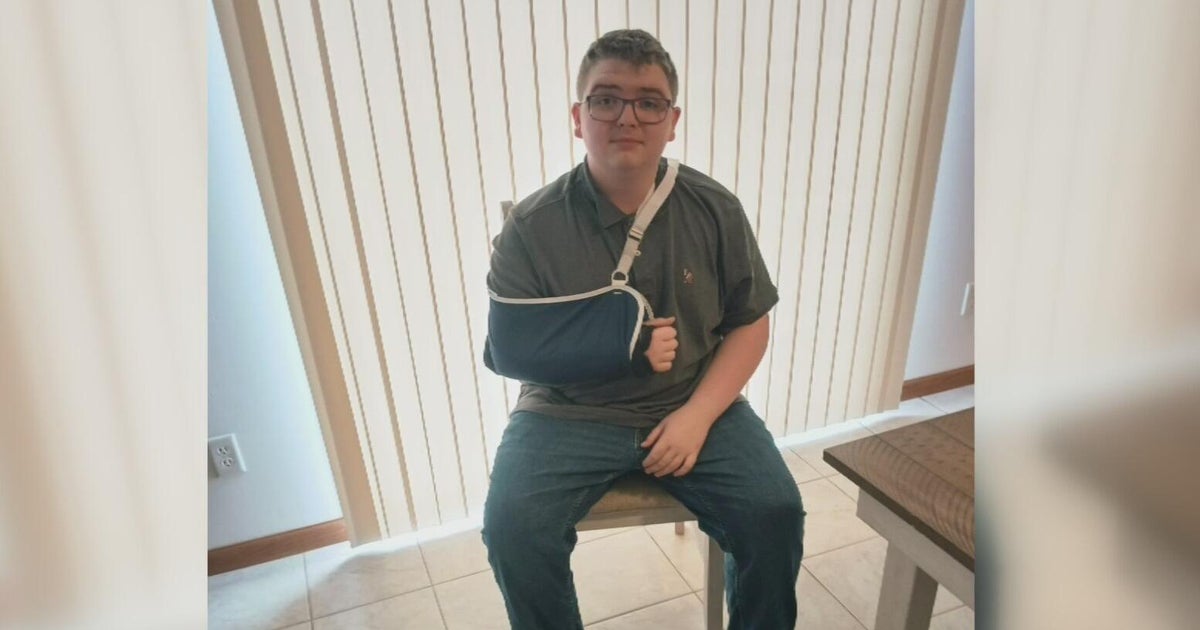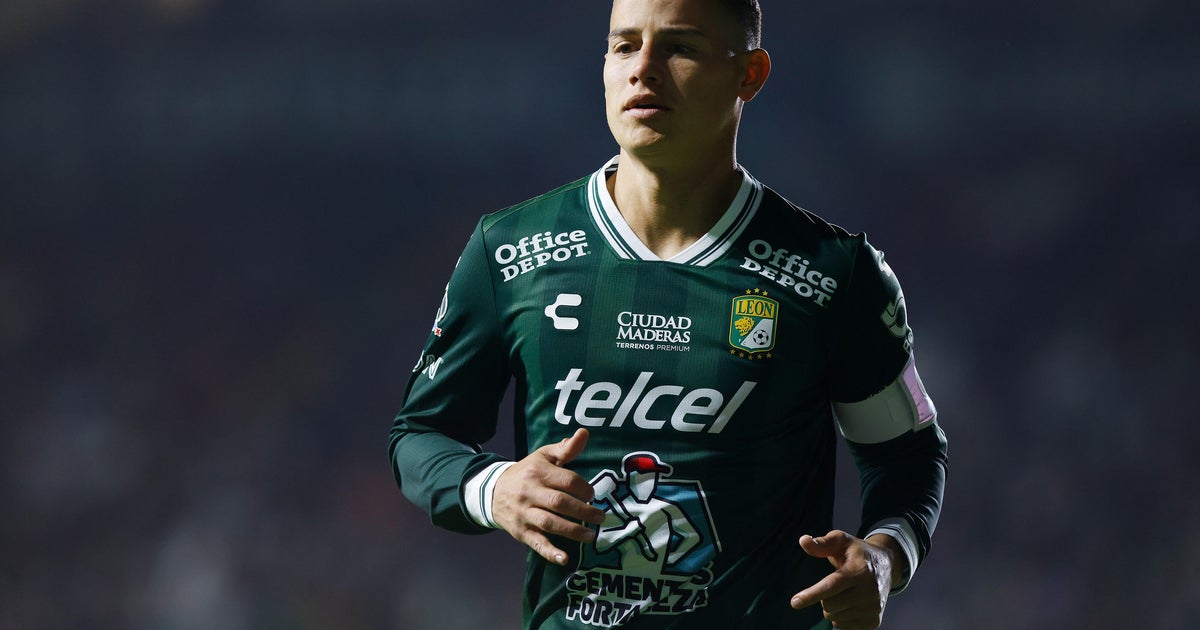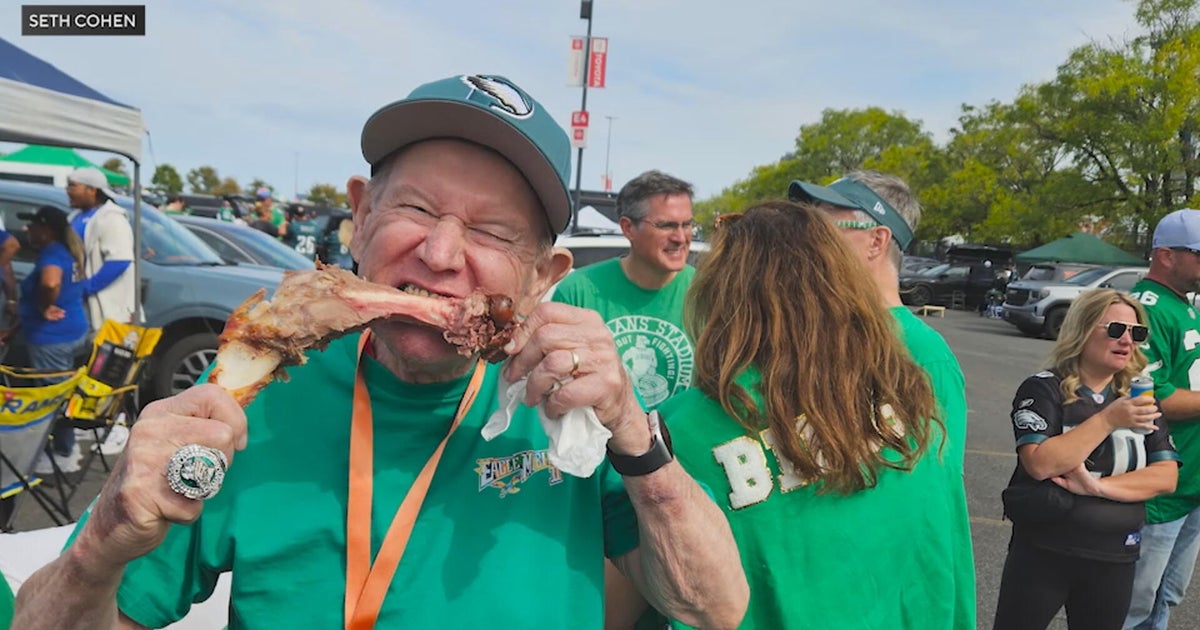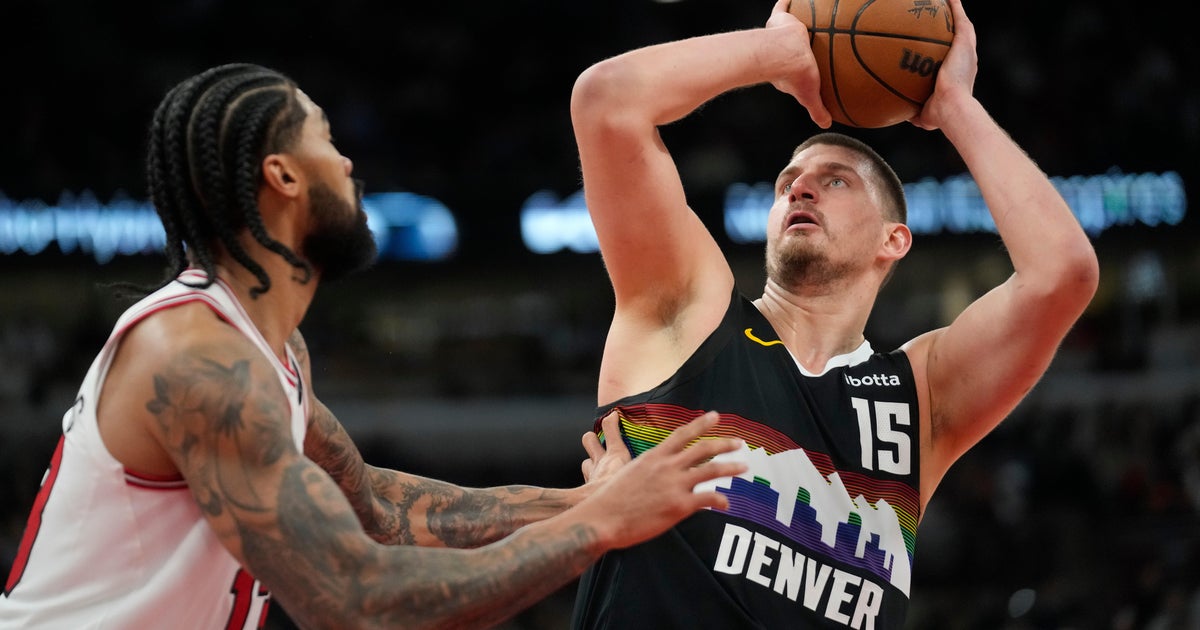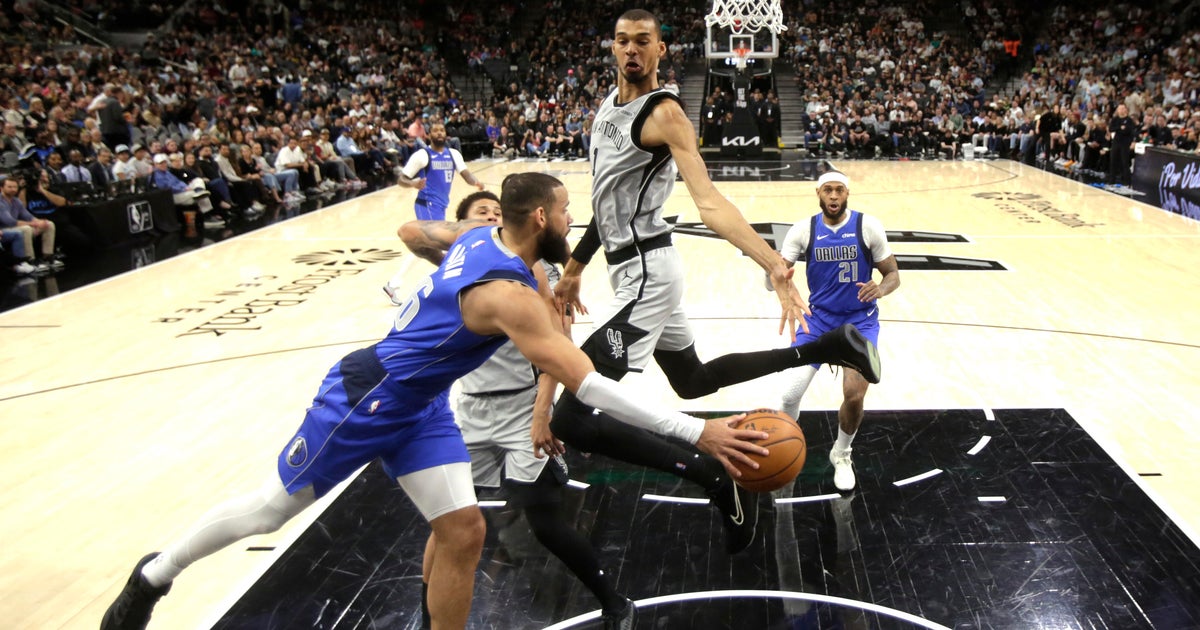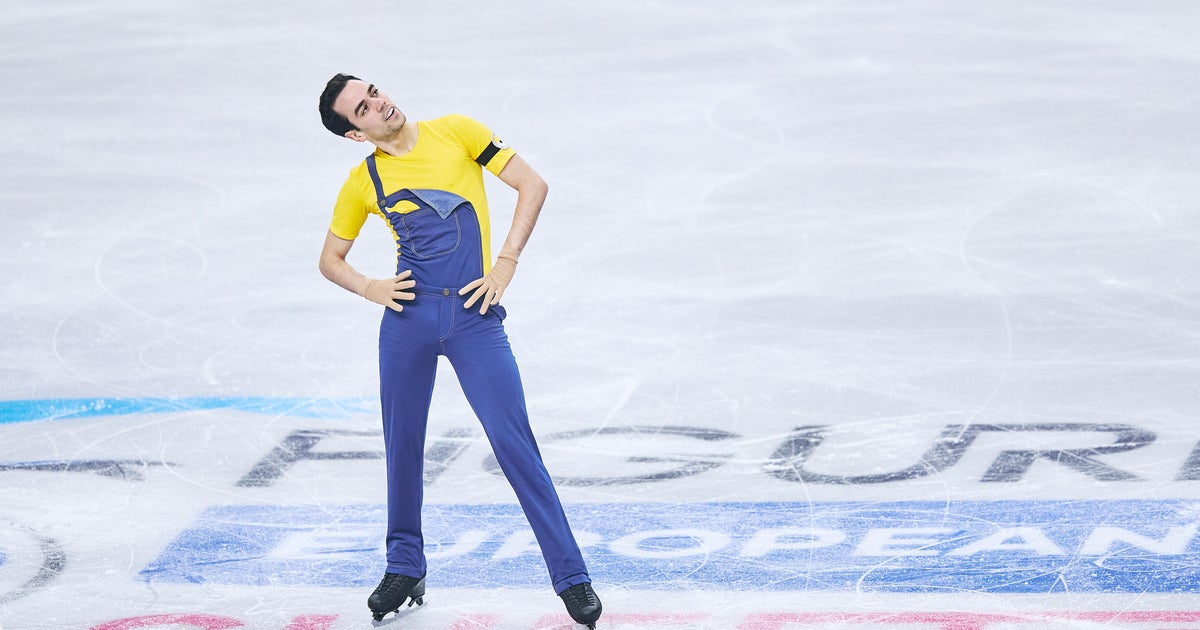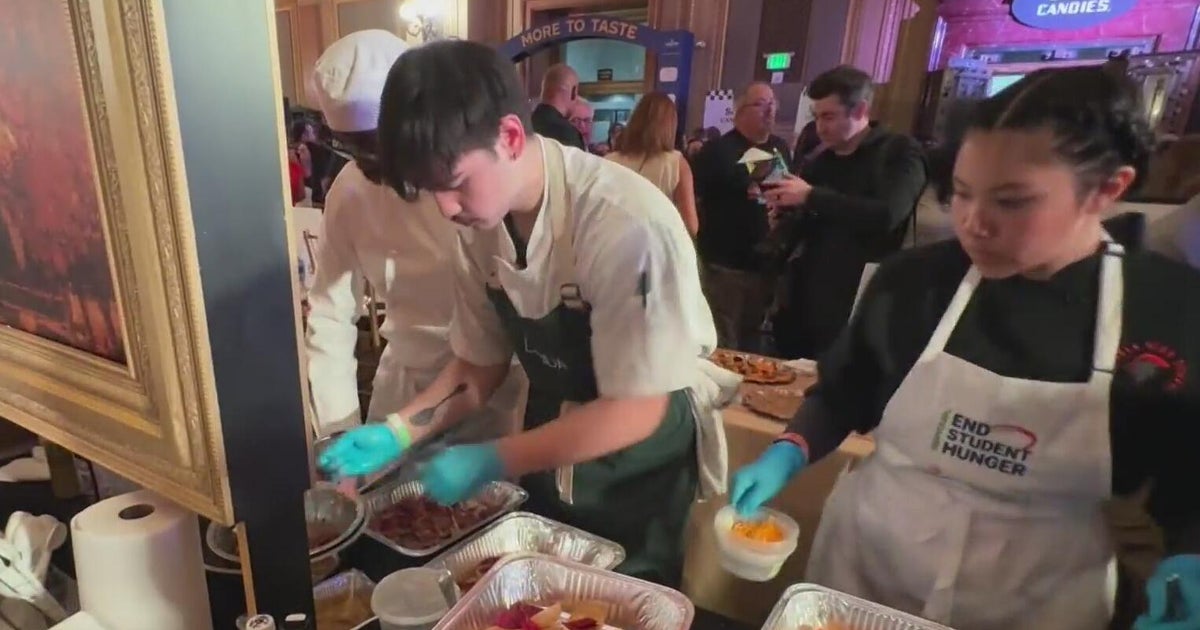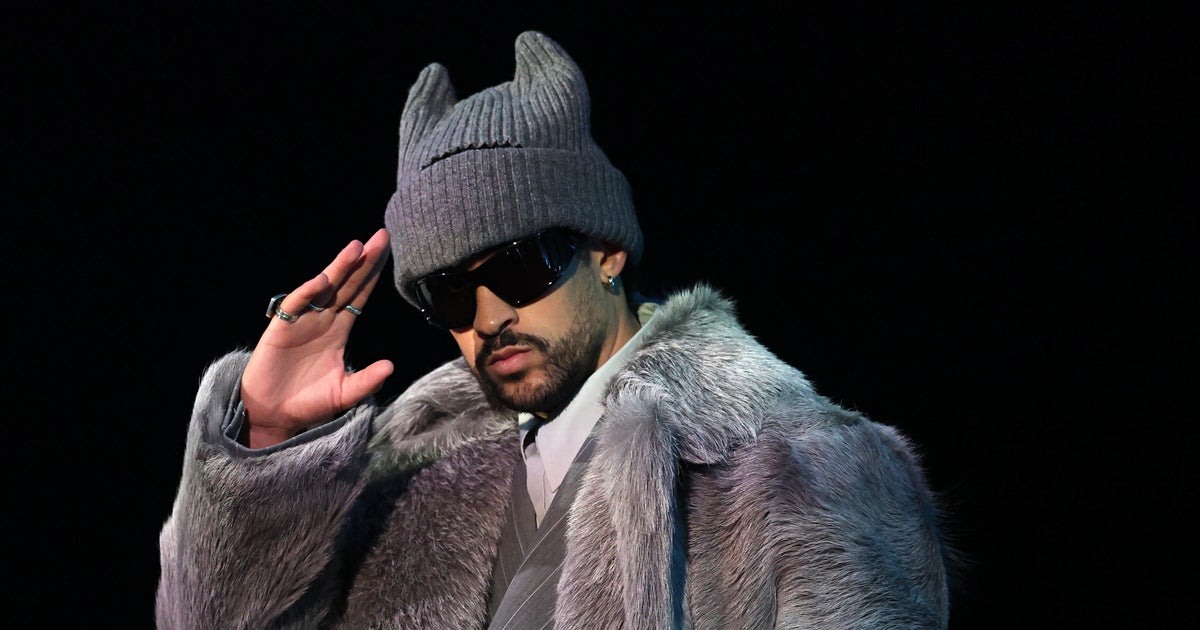Bernstein: NFL In Conflict With Itself
Rarely is something so immensely popular so uncomfortable.
All eyes are on the NFL right now, both here in Chicago and across the country. The television colossus dominates the screens in our homes, on our work-desks, and in our hands this time of year, the games and storylines inescapable.
(a pedestrian game between the cowtowns of Nashville and Jacksonville out-rated an ALCS matchup of the New York and Dallas markets Monday night. Need I say more?)
Yet our nation's love affair with the NFL has never felt more awkward, nor has a thinking fan dealt with such cognitive dissonance regarding what we enjoy and why. This season, there are several factors contributing to these gnawing insecurities.
First is concussion awareness and the increasing attention paid to the dangers endemic to the game. Yes -- in our hearts we probably have known all along that slamming your head into things is bad for you, but now we know more about how bad it is. Once a fan is aware of what players are really doing to each other's brains, it takes real intellectual effort to compartmentalize that understanding while enjoying games or celebrating wins. It can be reconciled, but it takes work to "unsee" something for several hours every weekend.
The league itself seems so concerned about managing its violence that it just announced that players can be suspended for certain, legal (!) hits. The warnings of a slippery slope should be heeded.
Indeed, it is possible an inevitable process has begun: the game as we know it will change as parents (then, subsequently, high schools and colleges) will recalibrate the risk/reward balance of football. Writer Malcom Gladwell, who has compared football to human dogfighting, speculates that football will soon be like the Army. He said "It'll be one of those things that middle class parents don't want their kids doing."
Fears are combined in this aspect. Players are scared about their health and long-term well-being. Organizers at all levels are concerned about liability. Some fans are worried that the game that they so love will be taken from them, and others wrestle with how to continue loving it as it is.
Secondly, labor strife looms over everything. The union rattles the saber of decertification and antitrust litigation while the owners leak news of their successful financial preparations for a lockout. Opposing teams point across the field in a show of pregame solidarity, keeping the issue top-of-mind for fans just moments before the ball is kicked. Our heads spin with each mention of collective bargaining.
We remember 1987. We don't want to think about it.
Even if we are able to push out of our minds the preceding concerns, we arrive at the third factor: the inability to assess absolute quality of our NFL teams. Is a team good because it wins, or does it win because it is good? This question has never been tougher to answer, even as the discussion and analysis of every action is extensive and intense to the point of ridiculousness.
Two camps have formed: one bellows "You're as good as your record says you are!" while the other -- the aesthetes -- needs more satisfaction than just relative success. Not much separates teams in the standings or on the scoreboards, as it seems that unknown players step in for stars each week with less and less dropoff in play.
Parity was the long-range goal of the Pete Rozelle business model. It makes for huge profits, but along with it comes an odd, disconnected feeling at times for fans.
Still, the NFL has weathered difficulty in the past, as its existence in the American DNA has allowed it to adapt and thunder forward. Do not mistake any of this as doomsaying -- it would be easy to draw hyperbolic conclusions, and I am not.
All industries -- even wildly successful ones -- face inflection points, and I sense that one approaches for this league, with ramifications that affect the game down to the Pop Warner level. The NFL, now, is confronting some instability inside the helmets, across the negotiating table and in the minds of consumers.
Never, for me at least, has being a fan felt so heavy.
